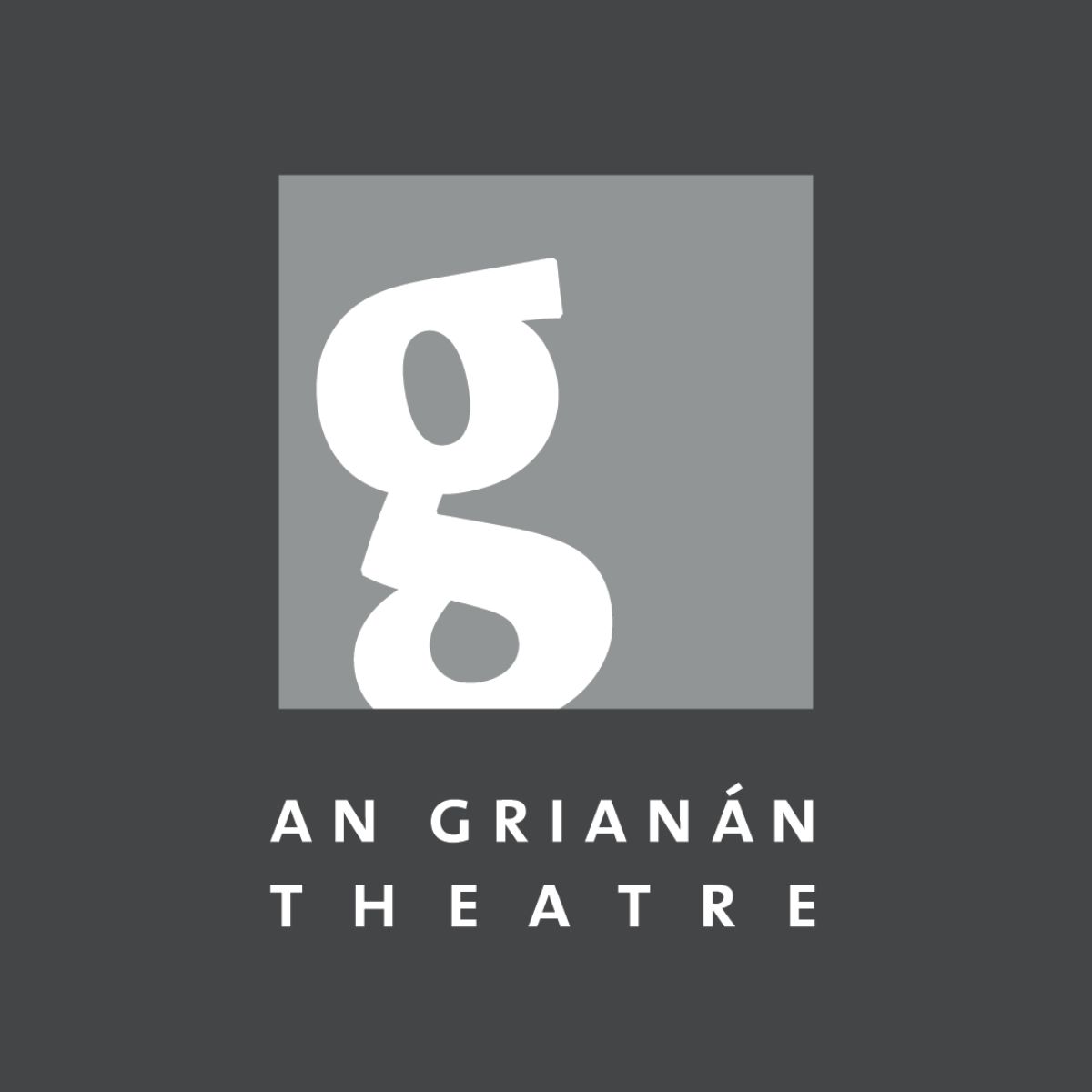Kings, guns and riots: Lennox nearly ruined the Abbey
Irish Independent – Saturday 07/12/2014
Lennox Robinson is barely remembered now as the author of a series of comic capers that used to be staples of the Abbey repertoire: one of these, The Far Off Hills, is touring till December 20 in a production directed by Mikel Murfi, and likely to be hilarious. (It’s at the Backstage Theatre in Longford tonight. See www.nomadtheatrenetwork.ie.)
But Robinson’s career with the Abbey was quite the comedy caper itself. He was hired by Yeats and Lady Gregory to run the Abbey in 1909, aged just 22, on the strength of his promise as a playwright.
This was “fantastical,” he wrote, later: he “knew next to nothing of the theatre” and “had a very poor education.” Still, he seized the chance.
One Saturday morning the following May, he was in the office when he learned of the death of King Edward VII. The other Dublin theatres would close for the day, he knew; but “did the national Abbey Theatre take notice of the demise of an English king?”
Yeats was abroad; he wired Lady Gregory for advice. No answer came. He and the company agreed to play the matinee.
While it was on, Gregory’s cable arrived: “better close through courtesy”. But by then, thought Robinson, “the mischief had been done.” They went ahead and played the evening show.
The Abbey was funded by the English philanthropist Annie Horniman. Furious, she demanded Robinson be fired; Yeats backed Robinson; Horniman withdrew her subsidy.
In search of alternative income, the Abbey looked to the United States. Robinson organised its first tour in 1911 and saw the entire company arrested. Irish-Americans objected to Synge’s The Playboy of the Western World and another play, Birthright by TC Murray. There were protests and a mini-riot, but the plays packed out (and the company got off). It was “a real triumph,” wrote Gregory.
Another tour, in 1914, lost money and Robinson quit. In 1916, he had his first big success as a writer, The Whiteheaded Boy. In 1919, he returned as manager, and was in situ to face the new challenges that war posted to the theatre.
In January 1921, an ex-serviceman was “assassinated” while at a show at the Empire Theatre. In February, during a rehearsal of The Revolutionist by the late republican hunger-striker, Terence MacSwiney, the Abbey was raided by a group of men brandishing revolvers.
They stormed the theatre looking for a press photographer who was attending the rehearsal, and who they alleged had faked some photos. Nobody was hurt; the photographer lost his camera. Robinson dismissed it later as “a ridiculous incident.”
Dublin was then under curfew and few people were going to the theatre. When the curfew was moved earlier, the theatres responded by moving their showtimes to the early evening. But then the curfew came back to 8pm, and the Abbey had to close.
With fixed costs but no income, it faced bankruptcy. This newspaper warned: “When the Abbey is gone the Mirror of Ireland is broken, and not for a long time can we again see our sins and our virtues, our follies and our wisdom, our satire and our invective, reflected so truthfully and so fearlessly.”
Robinson led a fundraising campaign. Some of the Abbey’s stars were playing in a commercial production of The Whiteheaded Boy in the West End, and they held a fundraising matinee. The Abbey survived and, shortly afterwards, Robinson, Yeats and Lady Gregory started petitioning for funding from the new Free State government (in 1925 they succeeded).
I wrote here recently that the Abbey needed to find a “quick and dirty” way to rush new plays to the stage, on the cheap.
As part of the fundraising campaign, Robinson confronted criticism that the Abbey had been coasting on its repertoire and was not risking new plays. Robinson pointed out that war had damaged the pipeline, but conceded that new plays didn’t do the business at the box office. It was time, he suggested, “for some new movement to try plays in an inexpensive way and give young playwrights their chance on that line.”
Nearly a century on, one such movement is Dublin’s Theatre Upstairs, staging new plays above Lanigan’s Bar. Director Karl Shiels has two plays on next week: at the Theatre Upstairs is Petals by Gillian Greer, a verse play about a sexual coming-of-age, and at the Axis in Ballymun is Gemma Doorly’s new comedy, Joe Prop, which deals with bullying and is being staged in association with Barnardos.








